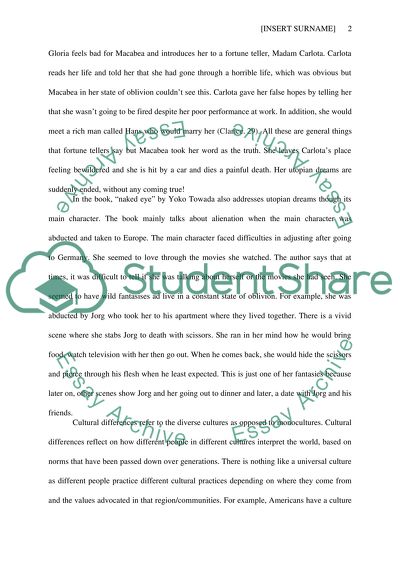Cite this document
(“Utopian dreams in Macabea Essay Example | Topics and Well Written Essays - 2000 words - 3”, n.d.)
Retrieved from https://studentshare.org/literature/1693907-final-essay
Retrieved from https://studentshare.org/literature/1693907-final-essay
(Utopian Dreams in Macabea Essay Example | Topics and Well Written Essays - 2000 Words - 3)
https://studentshare.org/literature/1693907-final-essay.
https://studentshare.org/literature/1693907-final-essay.
“Utopian Dreams in Macabea Essay Example | Topics and Well Written Essays - 2000 Words - 3”, n.d. https://studentshare.org/literature/1693907-final-essay.


